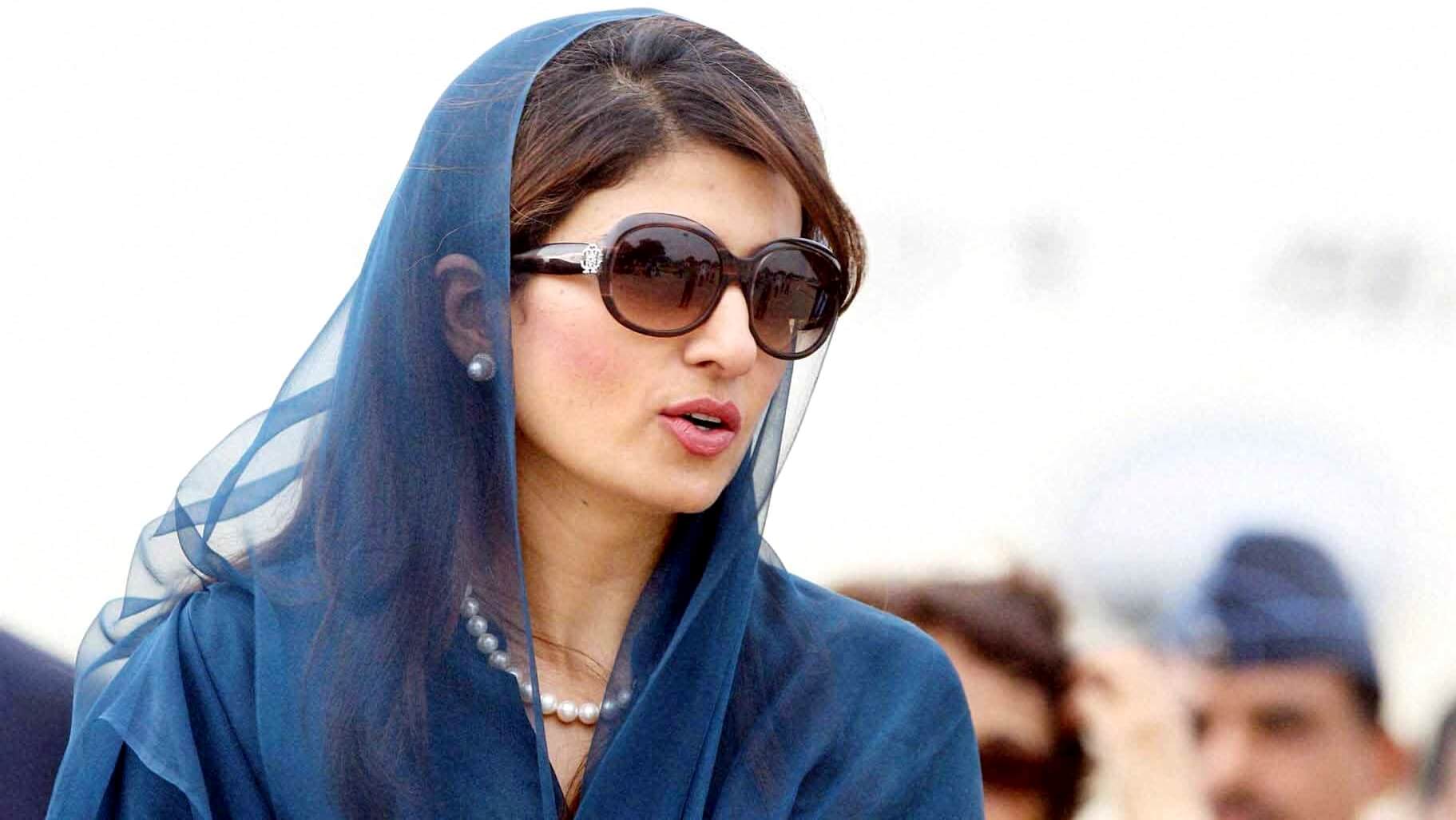On Wednesday, Pakistani Minister of State for Foreign Affairs Hina Rabbani Khar claimed to be in possession of a dossier that exposes India’s state-sponsored terrorism on Pakistani territory. She vowed to present the document to the United Nations (UN) Secretary-General to “let the world know” about India’s “nefarious objectives.”
In a press conference, Rabbani Khar stressed Pakistan would use the dossier to test the “credibility and integrity of international counter-terrorism and counter-financing terrorism regime.”
She noted that it has already provided a copy of the dossier to the UN Security Council (UNSC). In addition, Foreign Secretary Asad Majeed Khan also presented the document to foreign diplomats in Islamabad on Wednesday and called on them to “hold India accountable for its crimes.”
MOS @HinaRKhar underscored India's persistent hostility towards Pakistan
— Spokesperson 🇵🇰 MoFA (@ForeignOfficePk) December 15, 2022
💬“The attack reflects India's persistent hostility towards my country and the use of terrorist proxies to achieve its nefarious objectives against Pakistan.” pic.twitter.com/6extrWQt8m
Rabbani Khar said the document provides evidence that India “planned and supported” an attack on Johar last June that killed three people and injured 22 more, in what was an attempt to kill terrorist Hafiz Saeed, chief of the banned Jama’at-ud-Da’wah and the founder of Lashkar-e-Taiba.
Saeed, who was not home at the time of the attack, orchestrated the 26/11 attacks on Mumbai in 2008, during which 12 police officers, 122 Indian civilians, and 26 foreign nationals died, and a further 291 people were injured.
The minister noted that while Pakistani authorities had arrested the assailants, the “masterminds” and “facilitators” remain at large.
“In the last three years, 211 individuals of law enforcement agencies have been attacked through raw-sponsored attacks. There have been 1,213 attacks in Pakistan in the last three years where we have evidence that they were RAW-sponsored,” Rabbani Khar remarked.
She further alleged that India was involved in the 2018 Chinese consulate attack in Karachi, the 2020 suicide attack in Gwadar, and suicide bombings in Panjgur and Noshki.
اقوام متحدہ سیکیورٹی کونسل گی 9220th میٹنگ میں، میں نے مسلۂ کشمیر کے حل کیلئے آواز اٹھائ، اور بھارت کو بڑی بڑی باتیں کرنے کے بجاۓ اقوام متحدہ سیکیورٹی کونسل کے قرارداد پر عمل کرنے کا چیلنج دیا #UNSC #Kashmir pic.twitter.com/IoycEKkw3L
— BilawalBhuttoZardari (@BBhuttoZardari) December 15, 2022
These actions reflect New Delhi’s “persistent hostility” towards Islamabad, she said. The minister added that such actions would have a domino effect within India as well, warning that it “cannot have islands of excellence in a sea of depravity.”
Rabbani Khar asserted that India’s key “objective” is to “ruin the peace in Pakistan.” In this regard, she accused India of having “chronic terrorism syndrome.”
In addition, she criticised New Delhi for using the UNSC sanctions to block terrorists aided and financed by the Indian government.
“I have four names here which are of Indian nationals whose listing has been blocked by India. Gobinda Patnaik, Parthasarathy, Rajesh Kumar, and Dungara. All four names blocked by India in the UNSC listing,” she said.
India’s Foreign Minister S. Jaishankar highlights Pakistan’s credibility problem at the UNSC: A country that hosts Osama Bin Laden, a country that launches a jihadist terror attack on India’s parliament… pic.twitter.com/k4kmNGgaeV
— Sonam Mahajan (@AsYouNotWish) December 15, 2022
Rabbani Khar thus called India a “rogue state” that poses itself as the “greatest victim” of terrorist activities despite being the “perpetrator of it.”
She criticised the international community for its silence on the matter, saying that Pakistan is “unique” in its willingess to “call [India’s] bluff” and “call a spade a spade” in order to highlight its “simple glaring hypocrisy.”
A day earlier, Interior Minister Rana Sanaullah’s claimed that Pakistan has “irrefutable evidence” of India’s involvement in “terror financing and subversive activities” in its territory, particularly the Johar attack.
In other related developments, Pakistani Foreign Minister Bilawal Bhutto Zardari called on the UNSC to ensure the implementation of its resolutions on the Kashmir conflict to prove the credibility of multilateralism.
Chaired the open debate in the Security Council on New Orientation for Reformed Multilateralism.
— Dr. S. Jaishankar (@DrSJaishankar) December 14, 2022
Underlined the three challenges inherent in the IGN process:
1. It is the only one in the United Nations that is conducted without any time frame. pic.twitter.com/HtA7eoex8c
He argued that the Council must not only “manage” conflicts but also resolve them, by looking at the “underlying causes of conflict, such as foreign occupation and suppression of the recognized right of peoples of self-determination.”
In a sharp retort, Indian External Affairs Minister S. Jaishankar said that as a country that hosted Al-Qaeda leader Osama bin Laden and attacked the Indian Parliament, Pakistan does not have the “credentials” to “sermonise” in the UNSC. He warned against the “normalisation of such threats.”
Bhutto also cautioned the UNSC against considering India’s bid for a permanent seat, saying, “It does not serve the purposes of the UN to add more members to its elitist club and to expand the tyrannical power of veto.”
“Adding new permanent members would multiply the possibility of paralysis,” the Pakistani foreign minister underscored.

